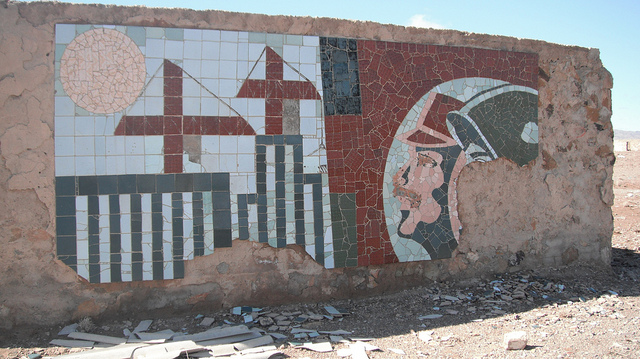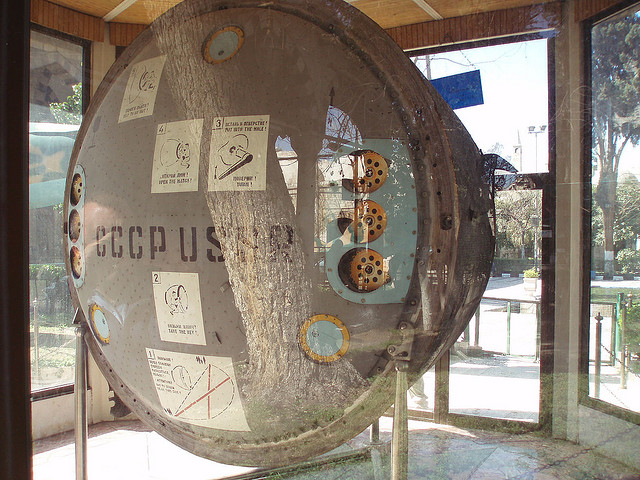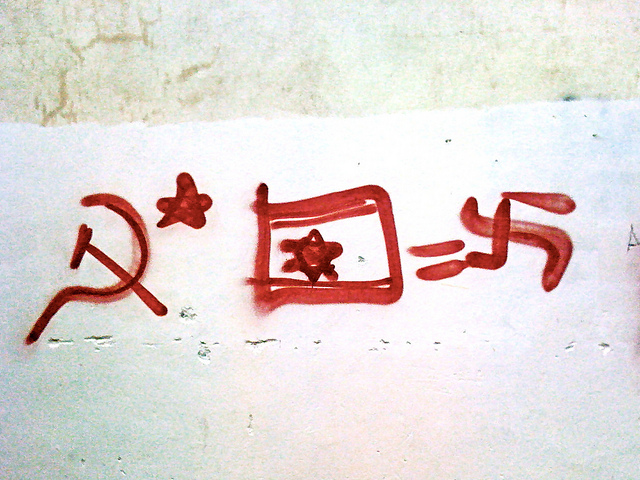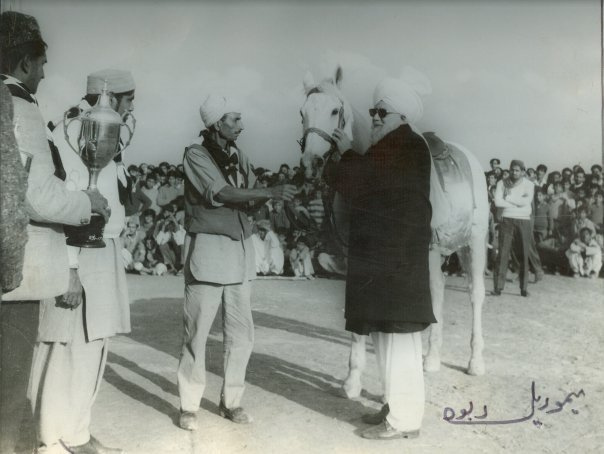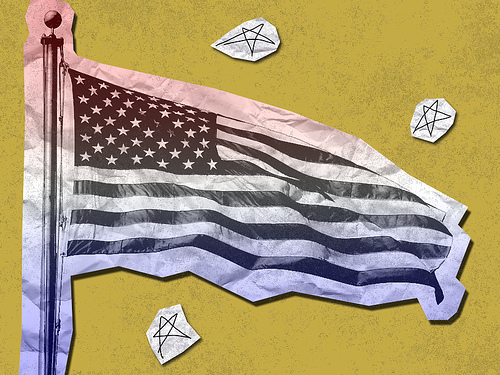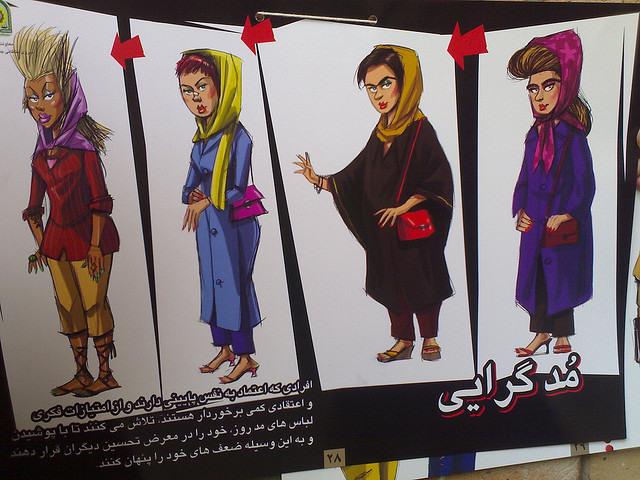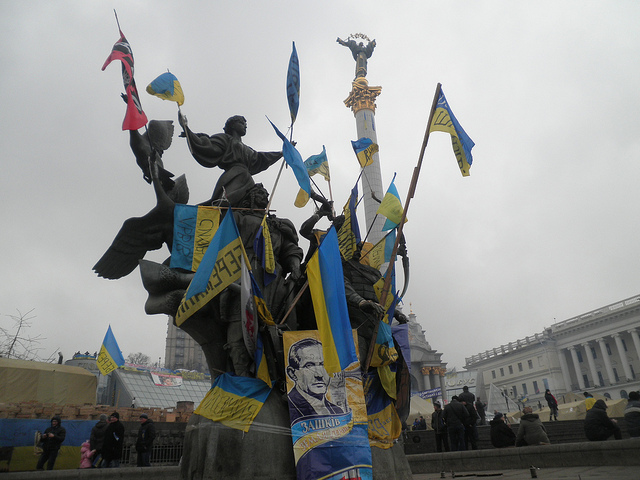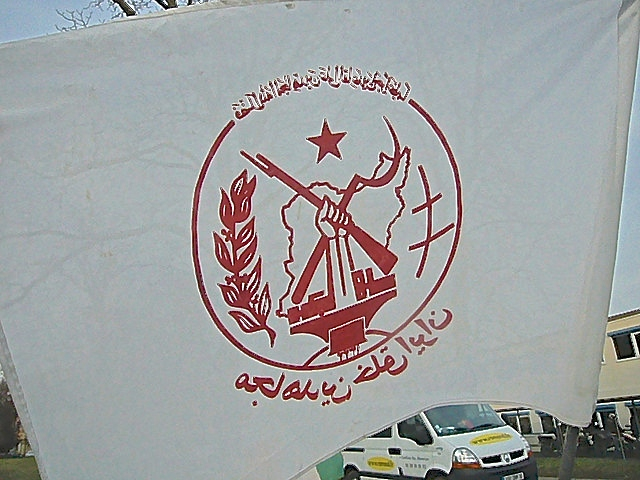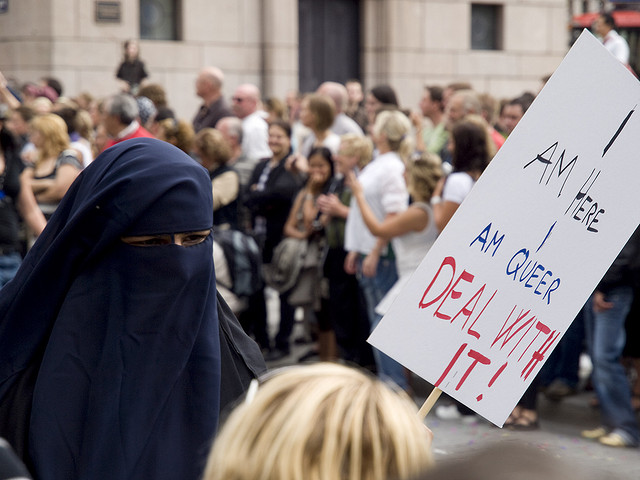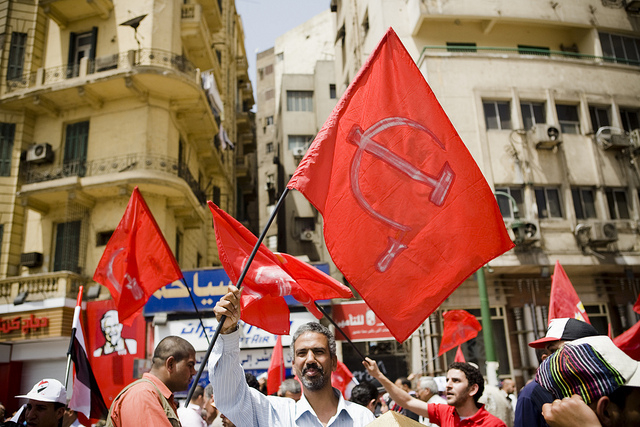One of the difficulties of critically discussing the Soviet-Afghan war is conceptually imagining Soviet imperialism. Many leftists are hesitant to condemn the nature of Soviet militarism in countries like Afghanistan. While there are understandable reasons for this, it misses the crucial point. (More…)
Author: Bilal AhmedBilal Ahmed is a writer and activist. He is currently preparing for his dissertation, which will compare tribal structures, and state relations, in Pakistan and Yemen.
Bilal Ahmed is a writer and activist. He is currently preparing for his dissertation, which will compare tribal structures, and state relations, in Pakistan and Yemen.
Jihad is not just an obsession in my country of Pakistan. The entire region has become enamoured with the idea, even as it rejects Salafi jihadist groups such as Al-Qaida and the Taliban. It is not because of a debate between liberalism and conservatism, or whether or not Islam is compatible with Enlightenment values. It is because for many Muslims, Islamism is the new post-Soviet Marxism. (More…)
What will Islam look like in five billion years? It is our responsibility as Muslims to find an answer. Readers may scoff at the inquiry as childish, but if humanity really does survive that long (and what’s the point if we assume that it won’t?) then we have to grapple with the question of how our faith will look in the distant future. (More…)
Nafeez Ahmed has written a piece for The Guardian’s Earth Insight that is getting a lot of attention. It is no wonder, since he reports on a paper called “A Minimal Model for Human and Nature Interaction” which uses mathematical models to argue that industrial civilization will not continue in its current form. It isn’t actually as bad as it sounds. (More…)
As the Ukrainian revolution continues, the spectre of “The Jew” has once again reared its head. Rather than on the streets of Kiev, though, it is being seen a bit more subtly in Putin’s official homophobia. It has been made especially obvious by Russian-language assertions that the Euromaidan revolt was part of a larger “international gay conspiracy.” (More…)
I grew up hating Ahmaddiya Muslims. It’s almost a ritual for Pakistani Muslims, especially in the deeply pious newly middle class. Even calling them Muslims will bother many of my family members: we all grew up using the pejorative “Qadiani.” We hated them with a vehemence that somehow rivaled our disgust for Sikhs and Hindus, though maybe it’s all part of the same thing. (More…)
As the crisis unfolds in Ukraine, with Vladimir Putin attempting to annex Crimea in a manner similar to Abkhazia and South Ossetia during the 2008 Georgian war, right-wing Americans are finding a way to blame President Obama. The assertion, which has dominated U.S. cable news, is that Obama’s lack of global leadership has allowed these events to take place. (More…)
The term ratchet, which comes to us from African-American Vernacular English, is obviously derogatory. It’s several kinds of derogatory though: being called a ratchet is an insult to class, status, and racial standing. The word is an indictment of the coarseness that supposedly defines plebeiean femininity in America. (More…)
The Euromaidan protests have resulted in the second Ukrainian revolution in a decade. However, you wouldn’t know that based on progressive coverage in the West, much of which has settled on the idea that they engineered a fascist coup. (More…)
Ali Shariati was one of the most important Muslim intellectuals of the 20th century. It’s impossible to discuss left-wing formulations of Islam without him, as well as revolutionary Islamism more broadly. As a sociologist of religion, Shariati grappled with many important issues facing social transformation in the Muslim world. (More…)
Last week, Ellen Page came out of the closet during the Human Rights Campaign’s THRIVE conference. As a fan of the actress, I was thrilled. However, as someone of Pakistani ancestry, I think that celebrities coming out is a good opportunity to discuss why it’s an unfair expectation to have for all gays and lesbians. (More…)
For decades, there have been calls for a Protestant Reformation in the Muslim world. There’s something to it. Unfortunately, most press for a vaguely defined liberal secularism against an equally unclear Islamic backwardness. This can be particularly sinister when Muslims do it, since it contributes to a senseless dichotomy between secular elites and religious extremists that paralyzes the Islamic world. (More…)
